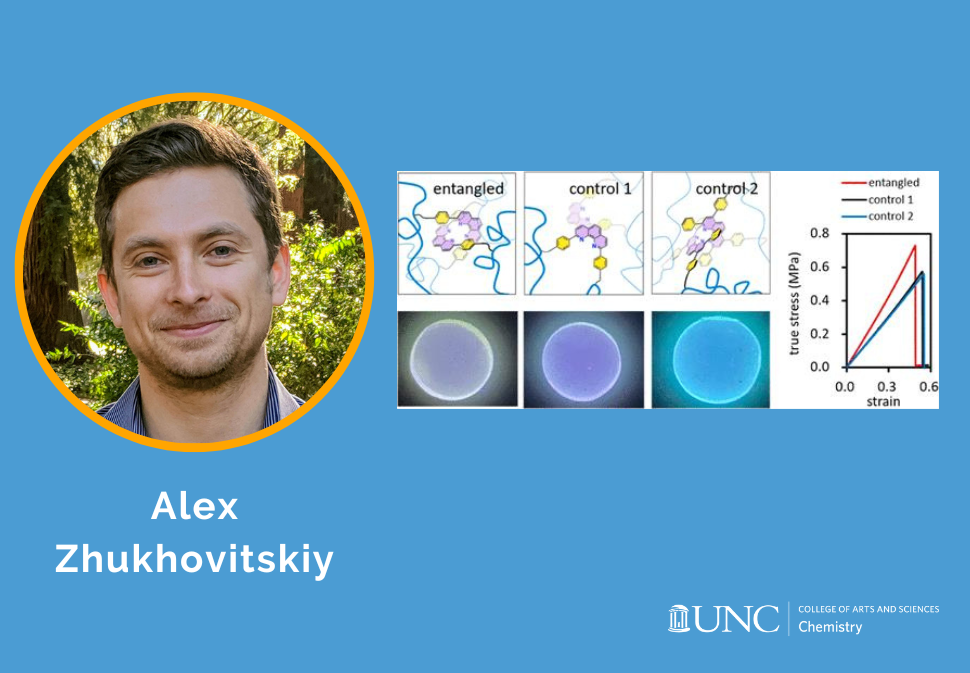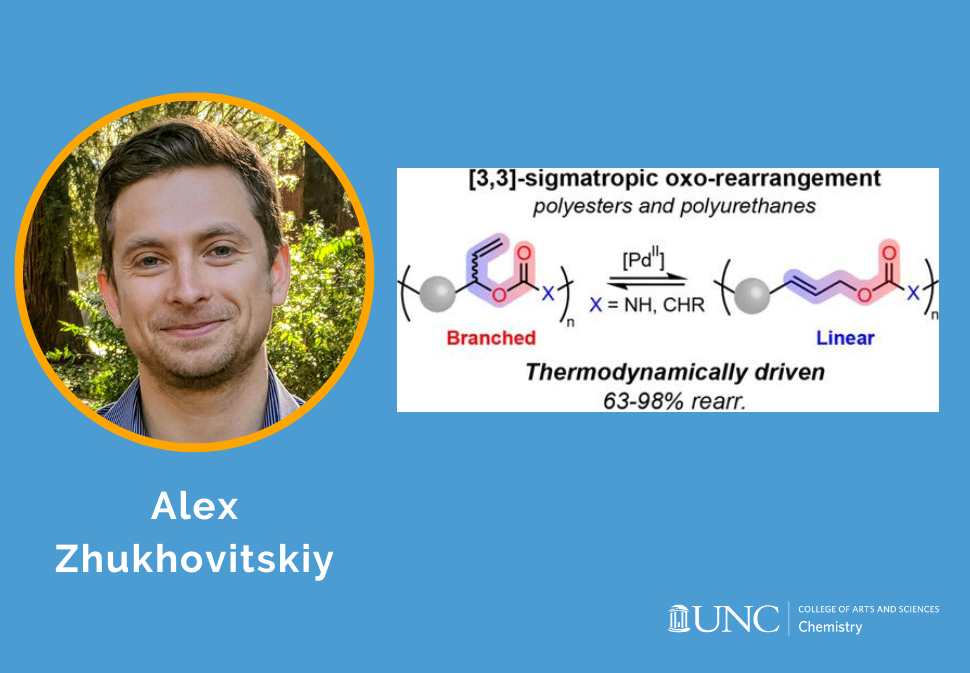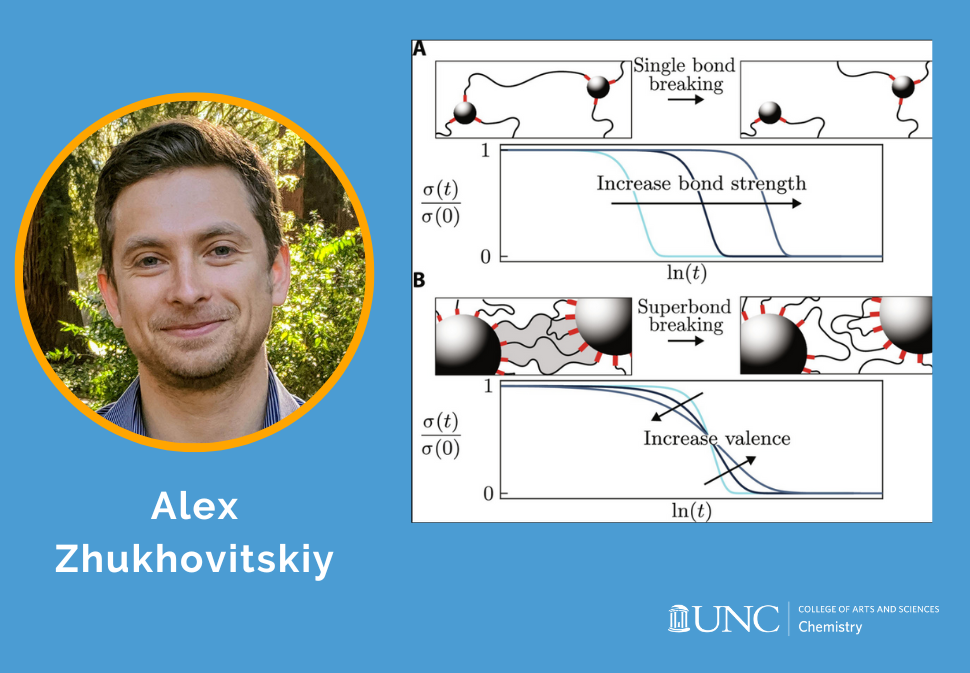Polymer/Materials Research
Critical problems in modern science and technology hinge on the preparation, properties and utilization of novel functional materials. The polymer/material program represents a multidisciplinary effort to advance the frontiers of hard and soft materials. Soft matter research encompasses several key directions: (1) development of methodology that enables precise synthesis, modification, and degradation of polymers, (2) sustainability of polymeric materials, (3) experimental illumination and theoretical prediction of structure-property relationships in polymeric materials and (4) fabrication of devices. Materials of interest span the gamut of architectures, compositions and applications: from bottlebrush-polymer elastomers that mimic the mechanics of biological tissue and hydrogels for sequestration of perfluorinated organics, to polyelectrolytes for battery applications and conjugated polymers for plastic photonics and electronics. Hard matter research encompasses (1) exploration of new nanomaterials and nanogeometries, (2) fundamental science of 2-D materials, (3) applications in sustainability, including development of photovoltaic devices and solar fuels and (4) development of next-generation electronics. Materials of interest range from segmented silicon nanowires to 2-D nanosheets.
Research in our division is highly collaborative and often takes place at the hard/soft interface. Students also have an opportunity to conduct research in collaboration with the Center for Hybrid Approaches in Solar Energy to Liquid Fuels (CHASE), a DOE Energy Innovation Hub headquartered in our department. Researchers can take advantage of state-of-the-art facilities—CRITCL and CHANL—which are run by expert PhD staff and house our NMR spectroscopy, mass spectrometry, X-ray crystallography, microscopy and many other characterization and nanofabrication tools.
Recent Research Results

Here, we use supramolecular templates based on phenanthroline-copper(I) complexes to install into poly(methoxyethyl acrylate) elastomer-trapped entanglements whose topology is programmed by the complex geometry.



